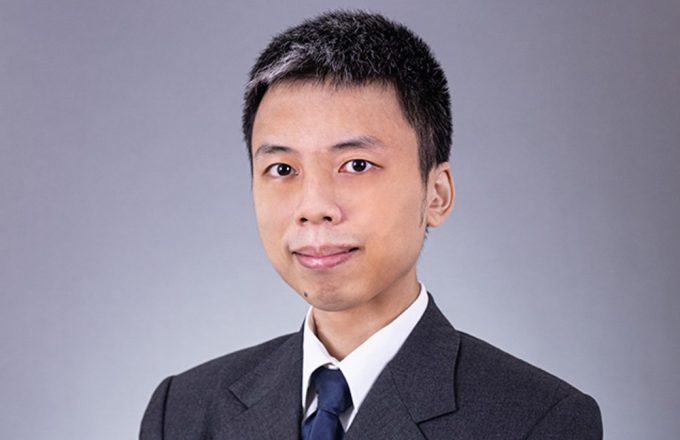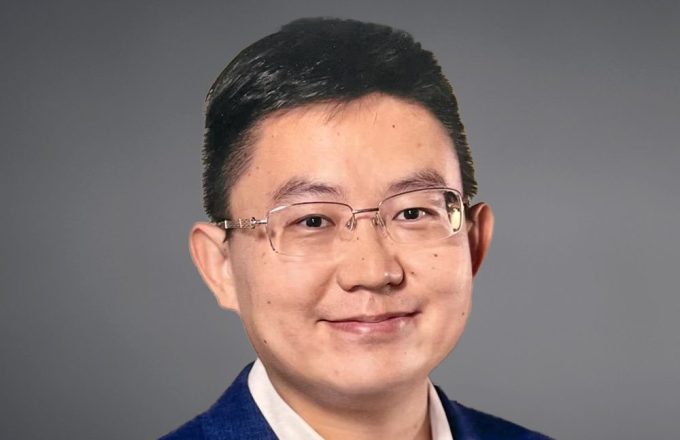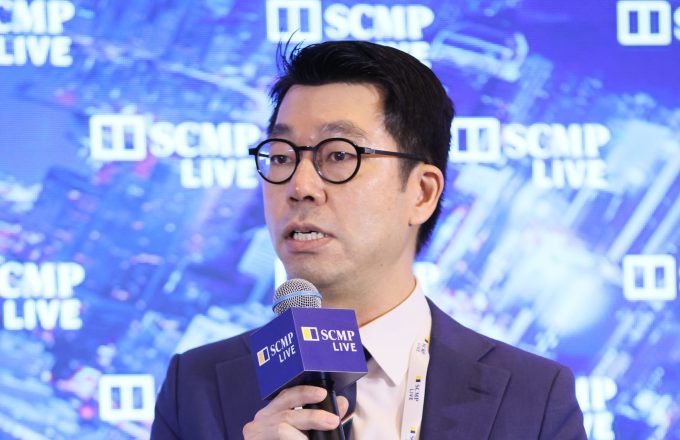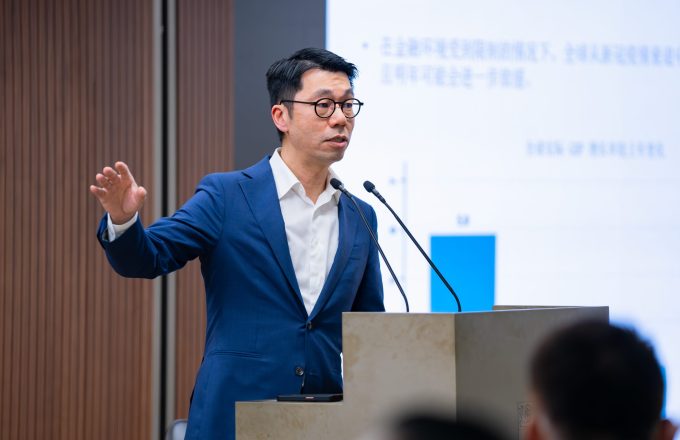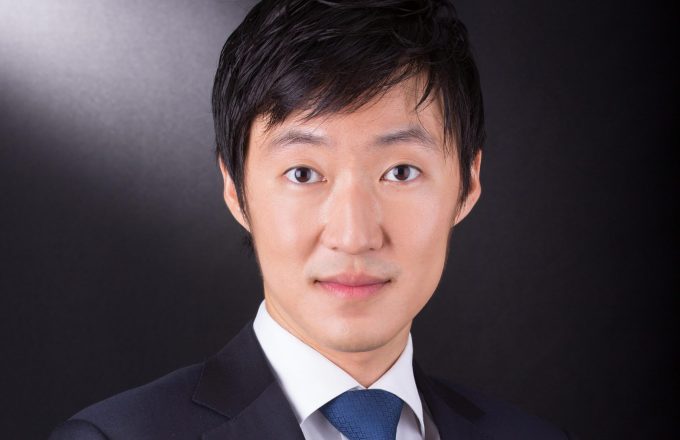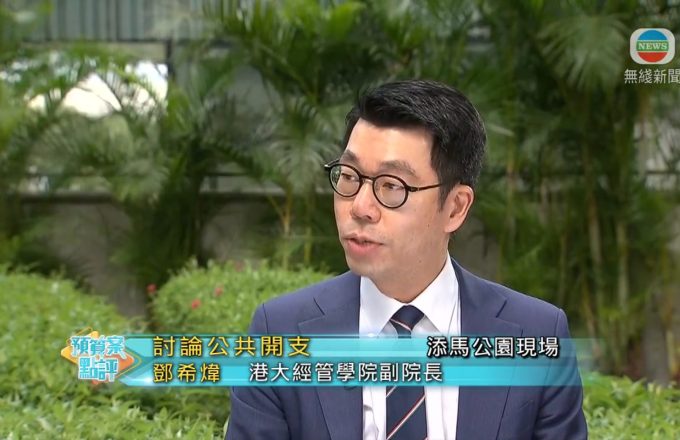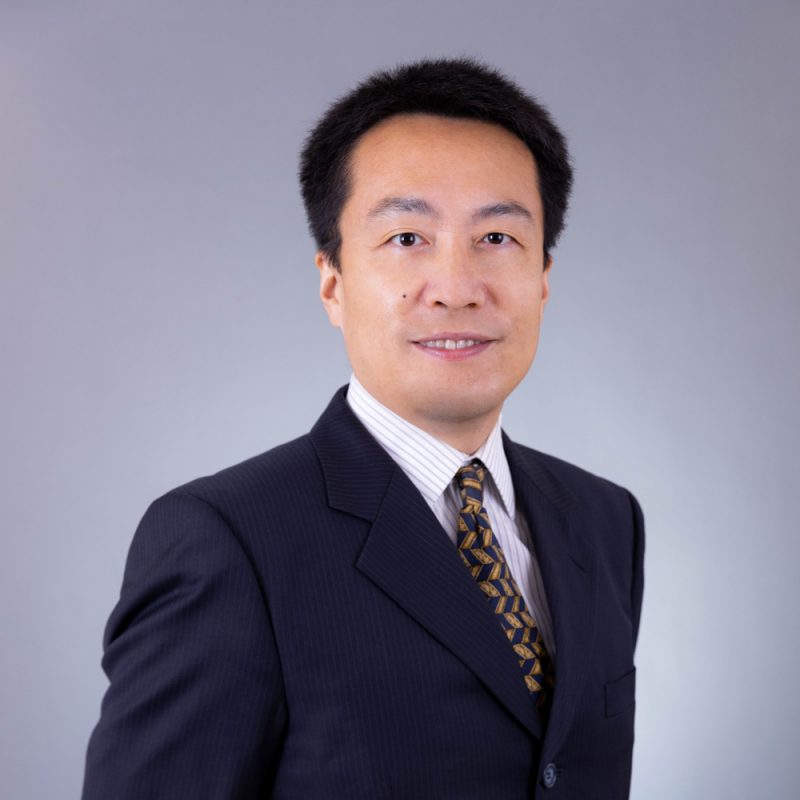Hong Kong’s trams have been a city icon for over a century, but ridership remains 15% below pre-pandemic levels due to slow speeds from traffic congestion. Dr. Vera Wing-han Yuen, an economics lecturer at the HKU Business School, highlights a unique advantage of trams—their ability to access Happy Valley, an area not easily reached by the MTR. To improve efficiency, dedicated tram lanes could help reduce delays. She also sees AI-powered scheduling as a solution: “AI can adjust schedules based on real-time traffic conditions, ensuring smoother and more evenly distributed services throughout the entire route.”
6 Mar 2025
Faculty
Lecturer in Economics at HKU Business School Dr. Chi Pui Ho worked with one of Hong Kong’s property platforms, 28Hse, to develop the "Eva Property Index," which aims to reflect trends in second-hand property prices. The Index will use data from the Land Registry and other relevant real estate information covering 147 constituent estates, and use transaction volume as the main selection criterion. Dr. Ho predicts that this year, Hong Kong’s property prices will experience a moderate rebound. He believes the modest growth of the Hong Kong economy, along with interest rates not experiencing a steep increase, will help support an increase in property prices.
5 Mar 2025
Faculty
In today's world where big data and artificial intelligence are deeply integrated, data has become the core asset of corporate development. With continuous breakthroughs and widespread applications in AI technology, the value of data has risen to unprecedented heights. Nearly all enterprises are now committed to leveraging data analytics to extract valuable business insights.
5 Mar 2025
Faculty
As a coastal city with low-lying terrain, Hong Kong is frequently affected by extreme weather events and has experienced multiple climate disasters in the past decades. Prof. Guojun He, Professor in Economics, Management and Strategy, HKU Business School & Director of the HKU Jockey Club Enterprise Sustainability Global Research Institute, Ms. Qidan Wang, Ms. Vivi Hu, and Mr. Cheng BI explain that two climate risks are particularly concerning: the occurrence of severe typhoons and rising sea levels. In this regard, the authors have studied how typhoons and sea level rises would affect public housing and conduct scenario analysis on the potential economic losses under different climate pathways.
Their analysis shows that the potential damages caused by sea level rise can be more severe, especially in the long run. Under the high carbon-emissions pathway, it is also projected that the asset loss due to sea level rise for the three selected public housing estates would be significantly higher than that caused by typhoons. If climate risks are tackled appropriately, they can be transformed into development opportunities.
3 Mar 2025
Faculty
At the South China Morning Post SCMP forum, “Redefining Hong Kong Series 2025: Budget Edition,” Associate Dean of HKU Business School and Director of the Asia Global Institute Prof. Heiwai Tang emphasised that Hong Kong's debt-to-GDP ratio is significantly lower than other developed economies such as Singapore, Japan, and the U.S. This leaves much room for the government to proactively use government-backed bonds to invest in new growth drivers, given the historically positive economic returns on investments in large infrastructure projects. In a related article published in the Singapore-based The Straits Times, Prof. Tang shared insights on upgrading Hong Kong's economic sectors that were consistent with the views mentioned earlier. “Hong Kong’s highly ranked and globally recognised universities have lots of great basic scientific and academic research that should have some commercial value that needs to be realised,” Prof. Tang said. He also stressed the importance of fostering better synergy between Hong Kong and other cities in the Greater Bay Area. With these efforts, Hong Kong can unlock new opportunities and solidify the city’s role as more than just a financial centre.
3 Mar 2025
Faculty
Associate Dean of HKU Business School and Director of the Asia Global Institute Prof. Heiwai Tang shared his views on the Hong Kong budget during interviews with the South China Morning Post SCMP and Hong Kong Economic Journal. He highlighted that the government is taking "a conservative approach" to address the significant deficit, with a proposed 2% reduction in recurrent expenditure for the 2025-26 financial year, followed by similar cuts in the following two years. He argued that increasing this reduction to a more ambitious 3% may be necessary to address the structural deficit, especially given that the government's ability to boost revenue to match rising spending is in question. Regarding Hong Kong's projected debt-to-GDP ratio of up to 16.5% over the next five years, Prof. Tang described it as at a "completely safe" level. As for renminbi bonds, they appeal to institutions that require and hold RMB. Such state-owned enterprises have good cashflow, so investments in RMB bonds with a maturity period of 3-5 years is considered more effective. Prof. Tang also emphasised that issuing bonds aimed at institutional investors is more cost-effective. With the current stock market doing well, retail investors require higher yields of at least 4% to 4.5% to be interested in bonds. Therefore, he recommended maximising institutional market engagement, as a yield of 3.5% is still appealing to institutional investors.
27 Feb 2025
Faculty
In an interview with Master-Insight, Associate Professor Yang Liu from HKU Business School stated that the 2025/26 budget is in line with expectations and that Hong Kong's financial situation remains healthy. He commented that the government is handling the budget carefully and that spending cuts are encouraging. He is optimistic that a moderate reduction in operational expenses can help. Prof. Liu emphasised that the government should speed up the development of long-term projects, such as the Northern Metropolis and various university research initiatives. He noted that funding should take into account both social and economic benefits, and that these plans need government support in terms of basic research resources and infrastructure to effectively attract talent. He also advised the government to avoid investing in "high-risk enterprises," stressing that "Hong Kong has always been a small government, and it should continue to maintain that approach." Prof. Liu noted that Hong Kong's bond issuance plans should be clear and easy to understand, which would help build public trust. He also emphasised that public finances should be reviewed with a "focus on the big picture while letting go of the small" approach. He argued that cutting back on small-scale resources, like the elderly transport subsidy, may not be worthwhile in the big picture. He also does not support cutting civil servants' salaries.
27 Feb 2025
Faculty
Hong Kong's economy faces many challenges, particularly given the current geopolitical climate. Nevertheless, Associate Dean of HKU Business School and Director of the Asia Global Institute, Prof. Heiwai Tang expressed optimism during his interviews with TVB (Television Broadcasts Limited) News, iCable News, and Radio Television Hong Kong (RTHK). He stressed that the latest budget includes several measures aimed at economic transformation, as well as important plans to reduce spending. He said it’s essential to distinguish between short-term and long-term impacts. Prof. Tang is confident that the government can achieve a 2% annual reduction in recurrent expenditure, with a targeted 7% reduction within four years. He noted that social welfare, healthcare, and education spending each exceed 100 billion dollars, we also face challenges from an ageing population that will likely bring greater spending in these areas. Prof. Tang also highlighted that HK's debt accounts for about 10% of our GDP, which is much better than Singapore's, for example, which is more than 170% of their GDP. He expects that interest rates won’t rise in the next year to two years, and thinks issuing bonds with a maturity of 10-15 years is reasonable for supporting long-term infrastructure development.
26 Feb 2025
Faculty
In chapter 7, Prof. Michael Chau explores three key dimensions linked to AI, namely Hong Kong’s competitiveness, the labour market, and safety considerations.
First, to maintain Hong Kong’s competitiveness globally, it is important for all sectors to embrace AI. In the midst of fierce competition from regional rivals and the US-China technology war, Hong Kong needs to forge a distinctive strategy, and build her own strengths in both basic research and real-world applications. Second, the author observes that the current AI wave is likely to impact high-skilled, high-income jobs. AI will also profoundly impact global and local labour markets, replacing and creating many jobs in a complex interplay. Third, AI can pose certain safety issues to society, such as in cases of missteps, hacking, viruses, software bugs, bias and discrimination. Government must therefore educate the public about the power and risks of AI, and devise regulations and guidelines on the responsibilities and ethical considerations of AI.
24 Feb 2025
Faculty







